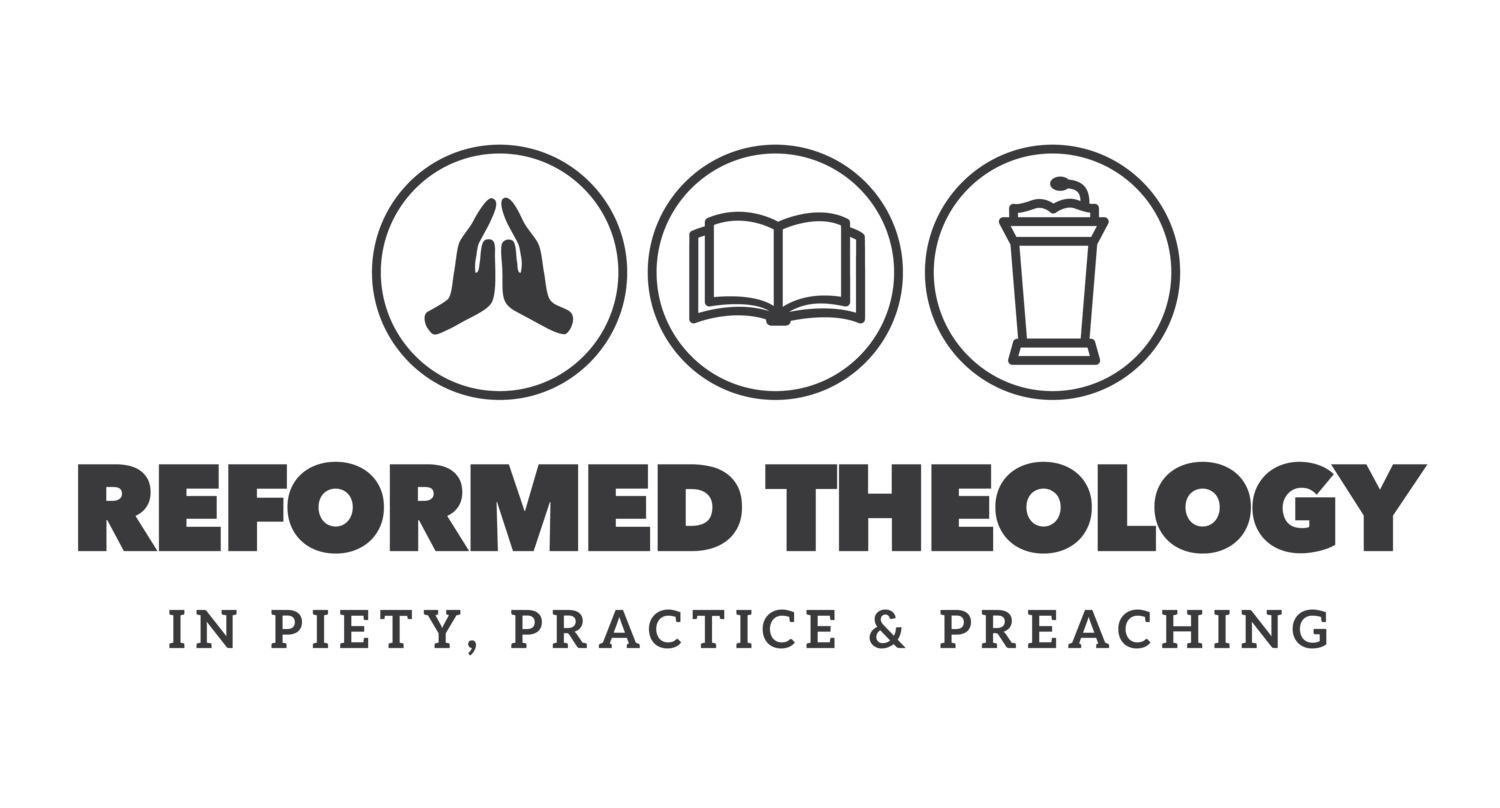Preachers often give thought to the question of how they will get the message of the gospel out to people who need to hear it. The church is, after all, supposed to evangelize the nations. While preachers are ready to preach God’s word, there is the practical question of what means he will use beyond standing in the pulpit and speaking. Should a church advertise? Send out e-mail blasts? Broadcast radio messages? Encourage people to invite their friends to church? There is a myriad of ways that a church can get the word out. Regardless of what methods a pastor chooses, there is an important principle to remember: never seek to appeal to the masses. This may seem counterintuitive. But in truth, preachers and churches must remember that their calling is to address the remnant.
In one of his most famous essays, “Isaiah’s Job,” political and social critic Albert Jay Nock (1870-1945) used the ministry of Isaiah as a way to illustrate the difference between appealing to the masses and speaking to the remnant. In one of his more trenchant observations, Nock writes:
If, say, you are a preacher, you wish to attract as large a congregation as you can, which means an appeal to the masses, and this in turn means adapting the terms of your message to the order of intellect and character that the masses exhibit. If you are an educator . . . you wish to get as many students as possible, and you whittle down your requirements accordingly. If a writer, you aim at getting many readers; if a publisher, many purchasers; if a philosopher, many disciples; if a reformer, many converts; if a musician, many auditors; and so on.
Nock’s point is, in order to appeal to everyone, you have to alter your message so it has mass appeal. Chances are a professor who assigns ten thick volumes for his course will attract far fewer students than the one who assigns one slender book.
What happens in the process of adapting the message? Nock writes: “The prophetic message is so heavily adulterated with trivialities in every instance that its effect on the masses is merely to harden them in their sins; and meanwhile the Remnant, aware of this adulteration and of the desires that prompt it, turn their backs on the prophet and will have nothing to do with him or his message.”
Nock’s remarks deserve careful reflection as pastors and churches seek to find ways to propagate the gospel. While there might be many different ways, not all ways are created equal. Moreover, the temptation might be to streamline the message. Streamlining can easily turn into excising vital elements of the gospel. Richard Niebuhr’s (1894-1962) famous description of early twentieth century versions of the gospel comes to mind: “A God without wrath brought men without sin into a kingdom without judgment through the ministrations of a Christ without a cross.”
As you seek to spread the message of the gospel, remember, you are not marketing, selling, or cajoling people the gospel. You are a minister of the gospel, a prophetic herald of the good news of Jesus Christ. Don’t try to appeal to the lowest common denominator. Rather, preach the gospel in all of its redeeming-glory. As Nock observes in his essay, the remnant will find you. This doesn’t mean you should be indifferent towards evangelism—not in the least. Rather, in your evangelism always hold out the gospel and nothing less. God by his sovereign Spirit will open hearts and ears to receive the message with joy. As a preacher, you herald the voice of the Shepherd, and his sheep will indeed hear you (John 10:1-6). Like Isaiah, God call’s you to preach faithfully the message regardless of the outcome. Isaiah’s job, and the church’s mission, is to function as a prophet to the remnant, not a salesman to the masses.
Note: all quotations from Nock’s essay appear in Albert Jay Nock, “Isaiah’s Job,” in The State of the Union: Essays in Social Criticism, ed. Charles H. Hamilton (Indianapolis, IN: Liberty Press, 1991), 124-38.
